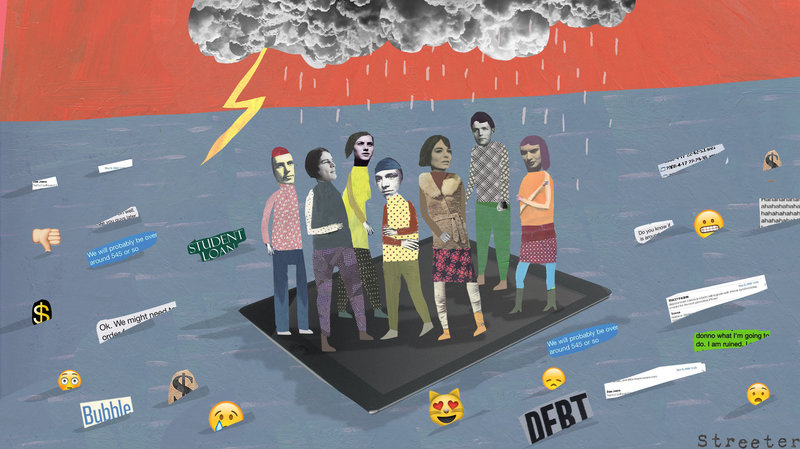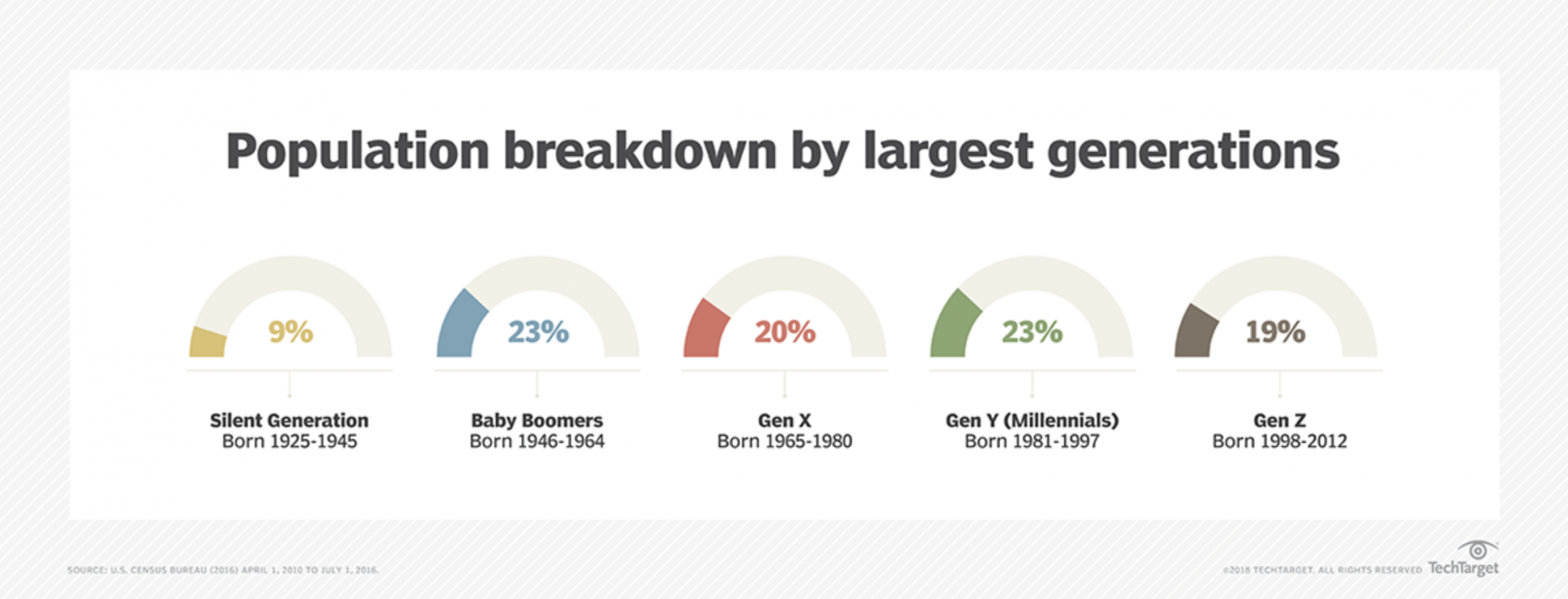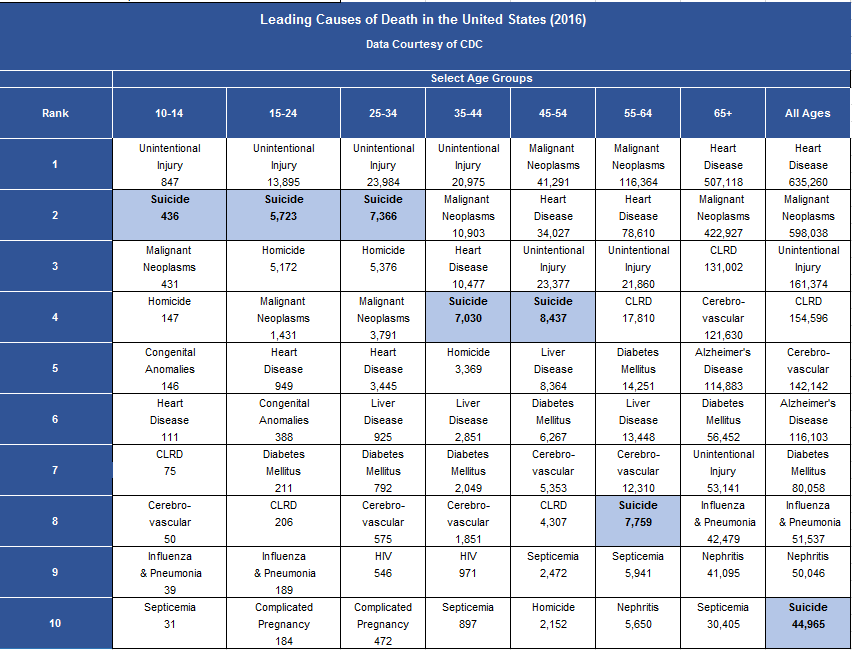
Last week I started my blog series, where I want to give some inputs on how managers and leaders should work together with Millennials. With my first blog post Smartphones – the new addiction of the 21st century? I wanted to highlight how Millennials take technology for granted, use it in an intuitive way but also how it can affect both the physical well-being and the social environment.
Today I would like to focus more on how Millennials perceive the today’s working environment, what their demands are and what kind of understanding managers and leaders must have in order to cope with these demands. To be clear, my goal is to strengthen the mutual understanding between team leaders and millennials in order to increase team collaboration and efficiency. But let’s start off by describing the Millennials in a more detailed way.
The Characteristics of Millennials
The term Millennials, also called Generation Y, is normally considered to apply to people who achieved adulthood around the turn of the 21st century. People from the Generation Y can be described as recent college graduates with a high degree of technological understanding and a strong desire for innovation. They grew up with PCs, mobile phones, computer game frameworks and experienced the technological transformation to tablets, smartphones, and thousands of innovative applications for improving the world we live in.

Since Millennials are the most ethnically diverse generation, they represent a high level of tolerance and being open-minded compared to previous generations such as the Baby Boomers or the Generation X. By being the generation that has been receiving the most marketing attention until now, Millennials often get stigmatized by other generations due to their behaviour. But lets have a more detailed look at it.
The Stigmatization of Millennials
As previously mentioned, Millennials are the generation that have been receiving the most marketing attention until now. Just recall what kinds of advertisements they are targeted with. They are told the world is a playground and they can travel to anywhere they want to. They can live a life in total freedom, discover new places, be independent of the clutches of society and do whatever they want at anytime.
Do you want to watch a movie? Just log in to your Netflix account and press play. Not longer necessary to study the television program and wait until 20:15 p.m. anymore. Do you want to further invest into your education? Just take part in a distance learning course or complete an online course on Coursera. You don’t want to be alone anymore and would like to have some “closeness”? With just a finger wipe on Tinder your problems are solved.
Consequently, Millennials tend to be very confident and have the feeling that they can have everything they want – at the moment. This is maybe how today’s private life work. But as soon as they start interacting with people from other generations, like in a working environment, this is were the problems begin. Millennials are accused by today’s managers and leaders, who mostly belong to the Baby Boomers, of being lazy, impatient, narcissistic, and too demanding. Therefore, they have unrealistic expectations regarding the working environment, where career paths are long, complicated and very demanding processes that do not promise success overnight. The effects are severe.
Millennials – A Generation on the Brink of Depression
It is the sad truth that when the built up expectations of the millennials about the working environment collide with reality, as a result fear, depression, eating disorders and even suicidal thoughts take over the everyday life. As the table below by the Data Courtesy of CDC (2016) shows, suicide has become the second leading cause of death in the United States among Millennials.

Many reasons have been discussed so far but none definitive – until now. A new study concludes that the Millennials generation carries much higher levels of perfectionism. These elevated expectations may be the cause for all of this. In their study, perfectionism is defined by the researchers as “a combination of excessively high personal standards and overly critical self-evaluations.” In other words, Millennials feel the given pressure by society to measure up to an ever-growing number of criteria. Consequently, trying to reach almost impossible standards in combination with the fear of failing increases the risk of anxiety, depression, an eating disorder, and even suicide. So how can we stop these dramatic developments and what do today’s managers and leaders need to know in order to work with Millennials?
How to Cope with Millennials in the Working Environment
Whatever your opinions as a today’s leader or manager are of Millennials, they are rapidly turning into a growing and important part of the workforce nowadays. Their way of working and thinking changed dramatically compared with generations before them. Millennials often use technology to getting things done more efficiently, and their motivation to understand the “why” behind almost everything can result in great opportunities for your team and your organization in order to refocus on doing the right things and ultimately meet big-picture goals.
Most of the Millennials don’t value titles or appearances anymore. They don’t want to follow corporate dress codes by wearing suits and they don’t have the urge work in fancy offices. They want to have flexible organizational flowcharts that basically allow them execute their tasks whenever they want and from wherever they want. In the past, employees found job fulfillment by climbing the corporate ladder, receiving a new job title, a higher salary and staying loyal to the same organization for many years. Millennials find very little value in any of these things. This new way of thinking can be disruptive to an entire organization, its traditional career policy, and be very frustrating for team leaders and managers, who have to motivate and lead Millennials in their own team with the goal of increasing revenues and improving team efficiency.
Therefore, it is crucial that today’s leaders and manager start understanding what is important to this generation and what their drivers for motivation are. The following six tips by the Chief Learning Officer might help:
- Tell them “why” on a regular basis. Millennials want to make an impact – the faster, the better. They do really care about the company’s mission, want to know that they are contributing to that mission, and that there is a clear overall reason for every task they are assigned with. The leader or manager, who can tell or show them the “why” behind every action, will likely be successful in leading this people.
- Ask for their opinion as much as possible. Today’s leaders or managers may not be used to asking their employees or team members for their thoughts on a task, project, meeting, or goal. But this is crucial when working together with Millennials. They want to have the feeling that they are contributing to the organization’s mission. The more they are asked for their opinion on something, the higher the feeling for responsibility and motivation. However, leaders and managers don’t just have to ask for their opinion. Listening carefully to what they say is at least as important in order to gain their trust.
- Let them try new things on their job. For Millennials it is important to find their calling and doing work they are passionate about. Leaders and managers must provide the opportunity for them to execute tasks and develop new skills, that are outside of their division or team. Many organizations provide rotation programs where employees can experience how each area of the organization works, and then they decide together where he or she will be the best fit. It is all about providing Millennials a corporate environment, where they feel like they can grow, learn and explore new opportunities.
- Millennials want to work smart. For Millennials the way they achieve a result is mostly more important than achieving the actual result. In other words, Millennials choose to make less money for a job that offers a better work experience, a strong company culture or the ability to work remotely. They want to have jobs that allow them the freedom to develop outside interests.
- Find ways to give back. The Millennial generation was raised in a technological connected world. Therefore, the issues of people in the developing world are just as present as their own problems. Consequently, topics such as social justice or environmental issues automatically belong to their core means. Nowadays organizations must create (side-)projects that align with the Millennials’ core means and which contribute to larger philanthropic efforts.
- Encourage face-to-face interactions. It might sound simple and stupid, but it is not. With so much technology, it’s easy for Millennials to get out of practice on having face-to-face interactions. Leaders and managers must encourage in-person meetings whenever possible, and create space for informal relationship building. For example offering free team lunch with the condition that no cell phones or computers are allowed into the lunch room might be a possibility. It is essential that human connection and authentic relationship building is promoted among this generation because it is something that Millennials forget more and more in a digitized world.
Conclusion
Once again, I would like to make it clear that I don’t want to use my remarks in order to categorize either the Millennials or the today’s leaders and managers. It surely does not mean that all people of the Generation Y walk through their everyday lifes with self-doubt and suicidal thoughts. And it surely does not mean either that all today’s leaders and managers have no clue about managing their team. My aim is to draw attention to current tendencies and problems in current working environments that could be aggravated in the future and which will affect one or the another person once in a while.
In addition, the above outlined points by the Chief Learning Officer do not claim to be complete. From my point of view, these points should be understood as new inputs and possible solutions to already existing or potential problems. Therefore, I am grateful for every comment and every sharing of this blogpost and look forward to the mutual exchange of ideas.
Sources
https://www.urbandictionary.com/define.php?term=Millennial
https://whatis.techtarget.com/definition/millennials-millennial-generation
https://bigthink.com/philip-perry/millennials-are-at-higher-risk-for-mental-health-issues-this-may-be-why
https://www.nimh.nih.gov/health/statistics/suicide.shtml
http://www.bbc.com/capital/story/20171207-the-unfair-stigma-surrounding-millennials-and-their-money
https://www.clomedia.com/2017/05/15/6-ways-get-along-millennials-work/
https://www.npr.org/sections/health-shots/2015/10/12/446928518/is-the-resilience-of-millennials-underrated?t=1551097715947



Very interesting topic Diego I had some job interview in the last period with different kind of manager / leader and I clearly saw a difference in “what we can offer to you”, “what are our most important values”, “how to have to achieve your goals” between the young manager and the older one. The idea of the “open place”, the possibility to “work at home” to increase the creativity and give to employees the “freedom” to develop their ideas out of the normal office-routine are a growing trends that follow the “Millennials way to be”. I find that’s a very good way to create value in a team combining the wisdom of the most experienced employees with the open-minded and creative vision of the Millennials. I’m experimenting it yet and if both sides are interesting in what the other side can teach them it’s possible to get very good results.
This is an intriguing subject. Diego I had a few job interviews in the last few months with various types of managers and leaders, and there was a noticeable difference between the young manager and the older one in terms of “what we can provide you,” “what are our most important values,” and “how to have to achieve your goals.” The idea of a “open place,” the ability to “work from home,” and giving employees the “flexibility” to explore their ideas outside of the typical office-routine are all emerging trends that reflect the “Millennials way of life.” I believe that combining the wisdom of the most experienced employees with the open-minded and creative perspective of the Mi is a very good way to build value in a team.